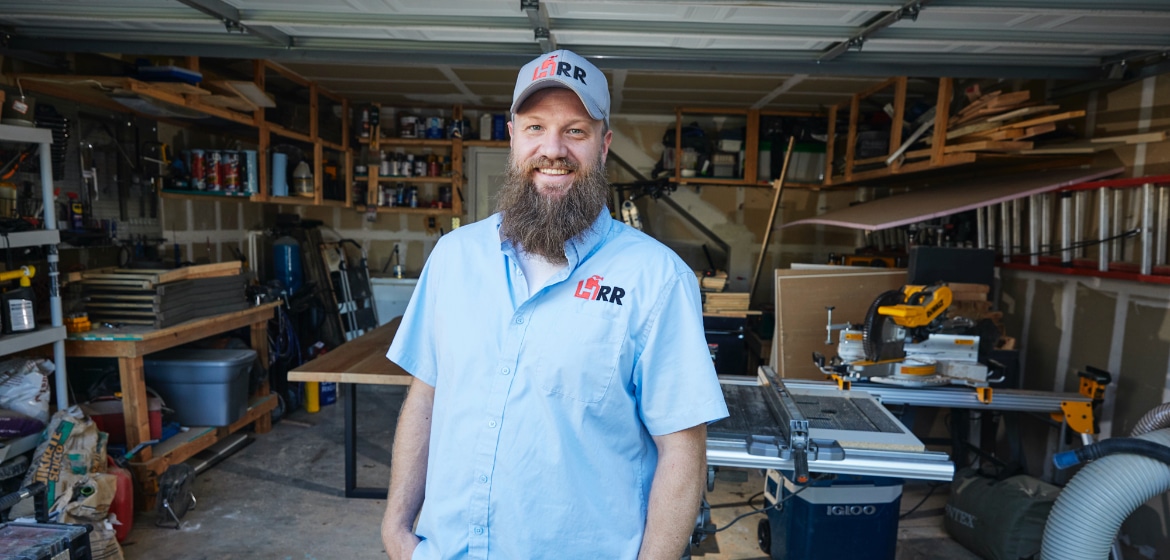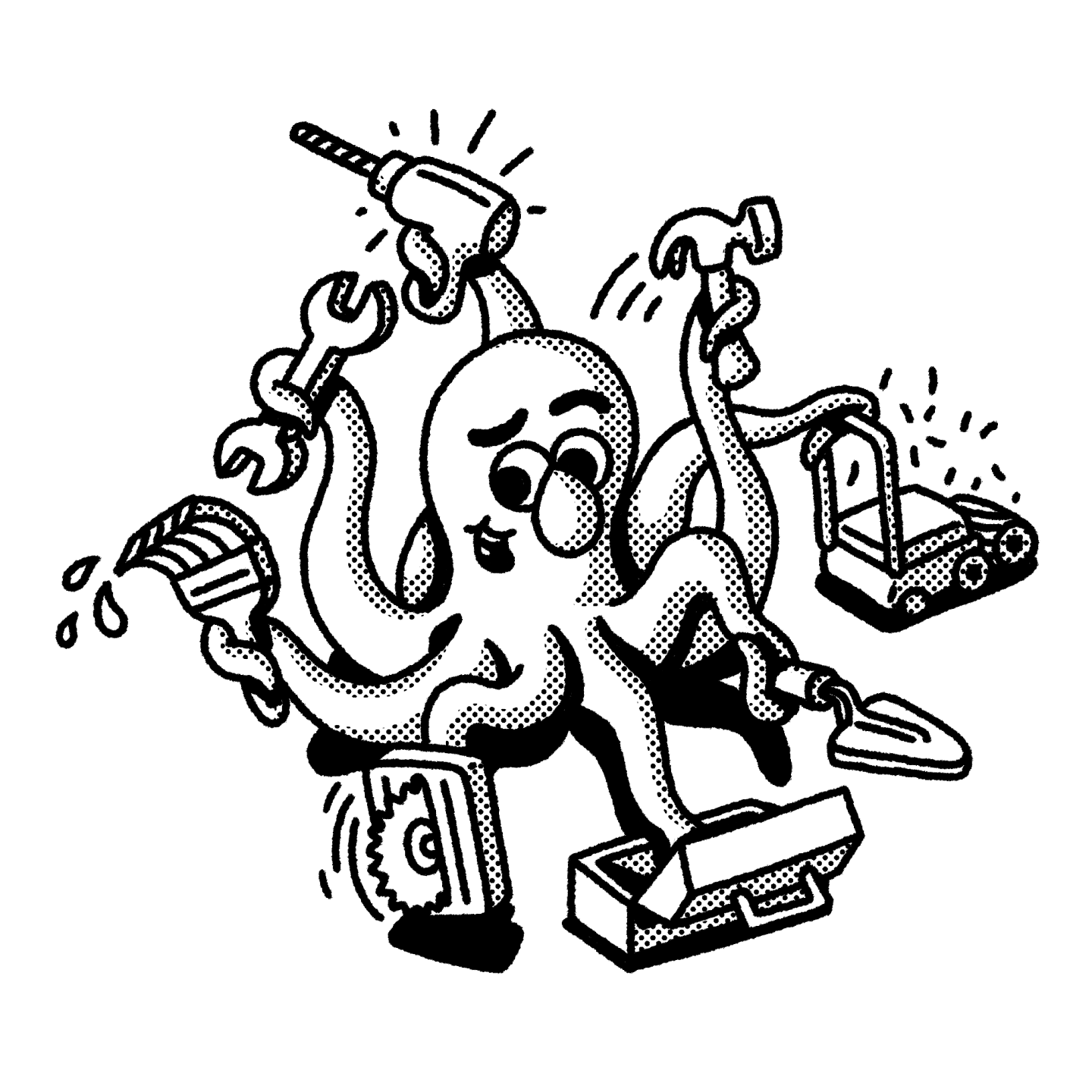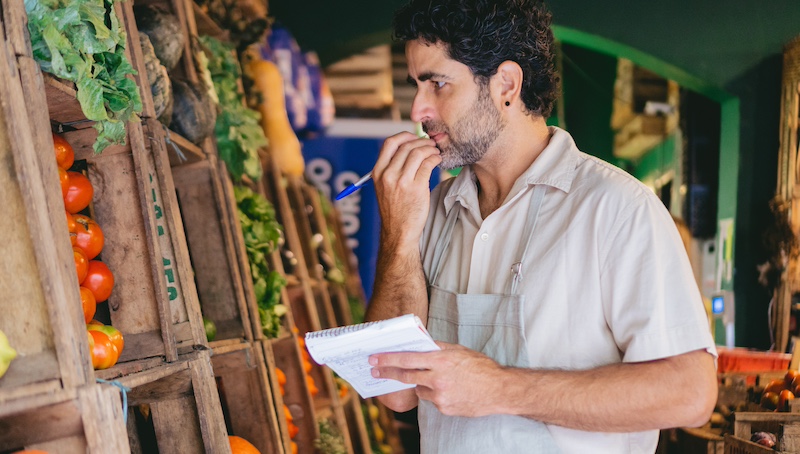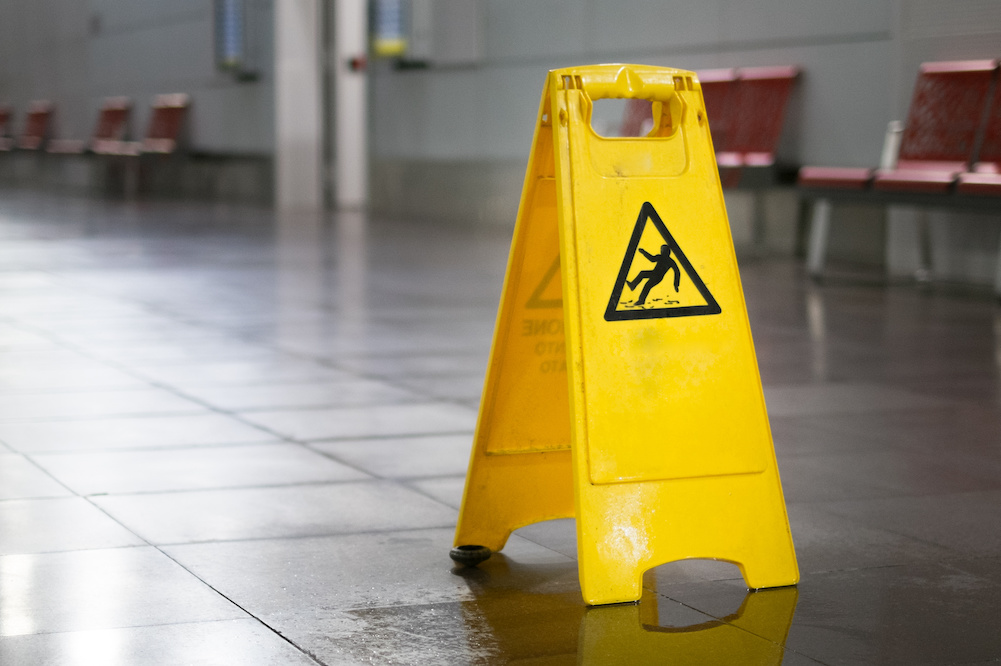How much does Florida business insurance cost?
Insurance companies calculate FL business insurance costs looking at a number of factors related to your business’ risk, including:
1. Your industry
The risk of work-related illness or injury in your work affects your business insurance monthly or annual premium. Jobs that are higher-risk, such as construction, often have higher insurance costs than low-risk desk jobs, such as an accountant.
2. Your number of employees
Your business insurance might cost more if you have employees than if you’re a sole proprietor.
3. Your business location
If you’re in a densely populated city like Miami, Tampa, Jacksonville or Orlando you may pay more for business insurance than if you work in a small town. And your business’ exposure to natural disasters could also mean you’re going to see higher costs.
4. Your years of work experience
A proven history of workplace safety and success in your industry can impact your insurance rate. A new business owner could pay more than a veteran in their field.
5. Your insurance claims history
Your record of safety, losses and claims can have an impact on your insurance premium.
6. Your insurance coverage limits
Higher insurance coverage limits on your policy can give you more protection over more covered incidents. But it can also increase the cost of your insurance.
The best way to know exactly what you’ll pay for business insurance is to check prices specifically for your business.
















